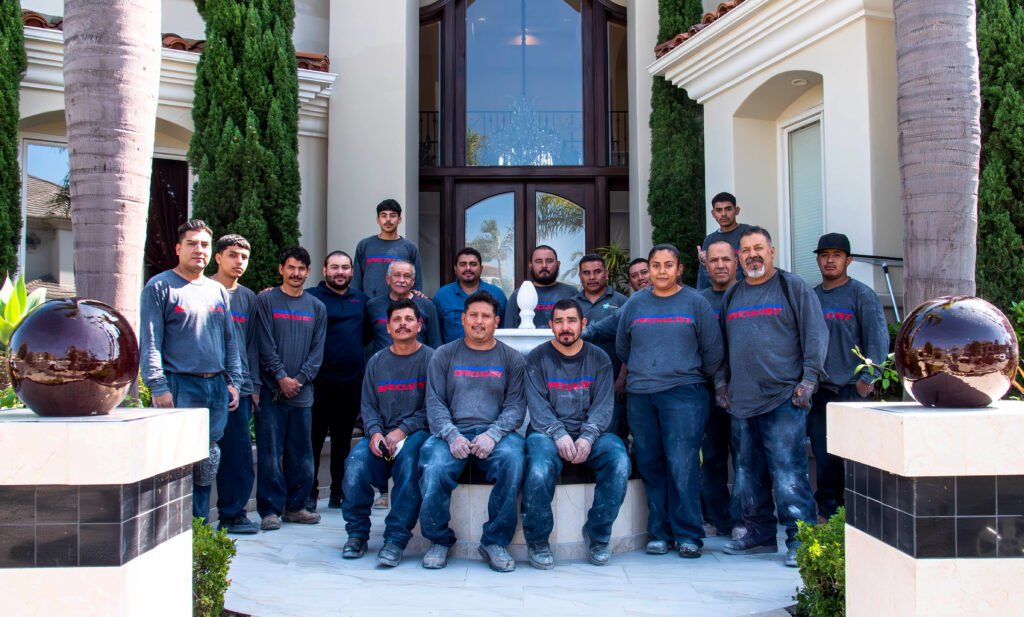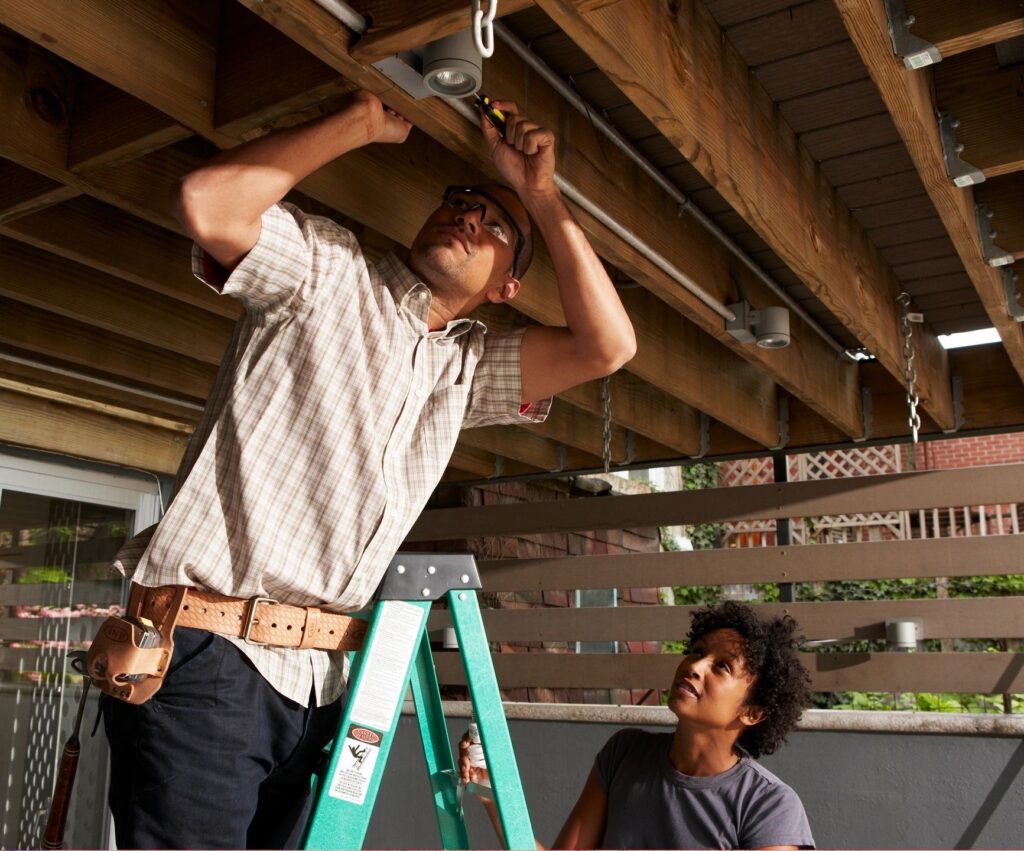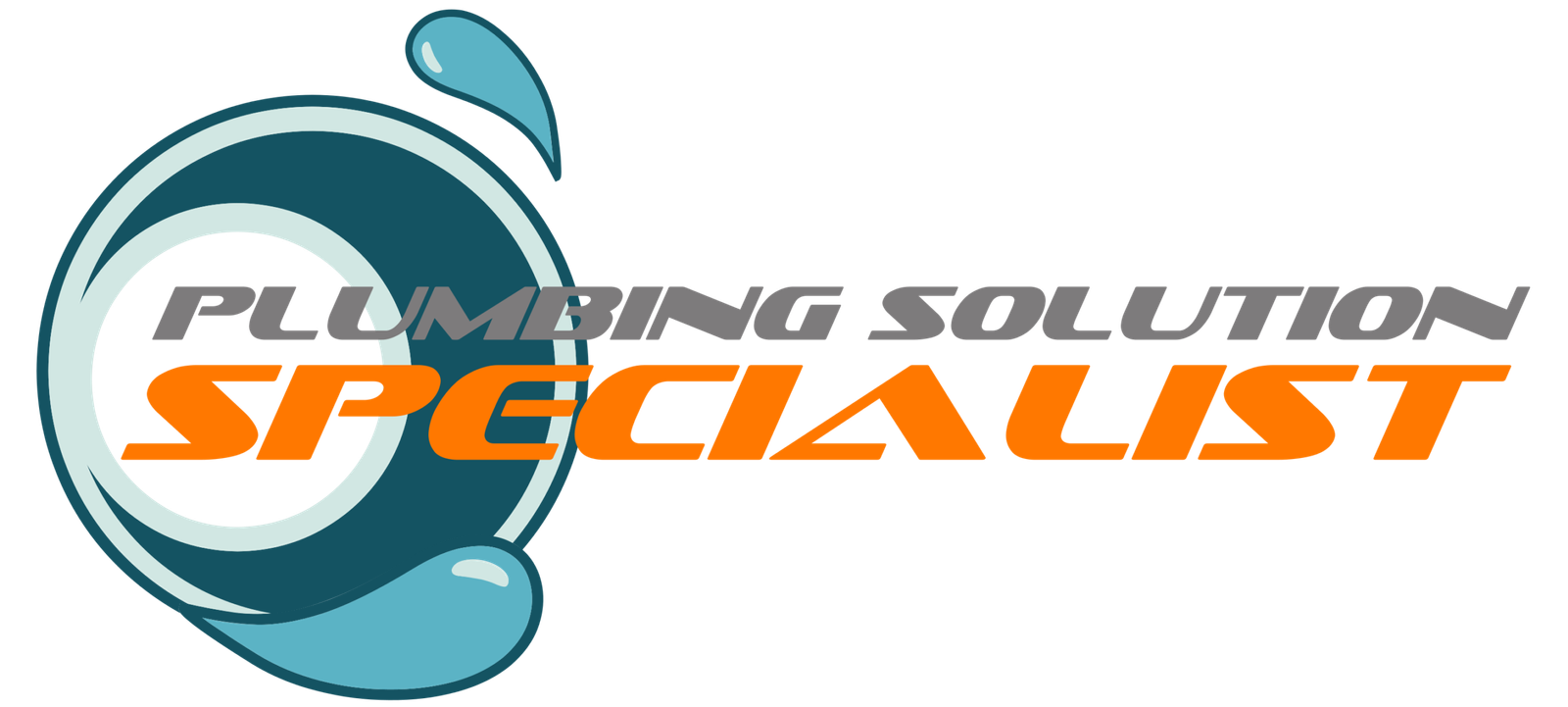Slab Leak Detection and Repair in Garden Grove: Protecting Homes

Repairing a slab leak in your Garden Grove home is necessary to avoid costly water damage and structural issues. If you notice unexplained wet spots or higher water bills, early detection can save you from extensive repairs. You want to act fast to protect your home’s foundation and maintain a safe living environment. In this guide, you’ll learn how to spot signs of slab leaks and the best methods for repair. Explore more tips on our blog to keep your plumbing in top shape. Key Takeaways: Early slab leak detection helps prevent extensive water damage and costly repairs in Garden Grove homes. Professional slab leak repair ensures the structural integrity of your home and reduces utility bills by stopping hidden water loss. Using advanced leak detection technology by experts can accurately locate leaks without invasive digging, preserving your garden and landscaping. Call Plumbing Solution Specialist for a Free Quote at (888) 973-5422. Understanding Slab Leaks Spotting a slab leak in your Garden Grove home can be tricky since these leaks occur beneath the concrete foundation. You may notice unexplained water bills or damp spots on floors. Not addressing a slab leak swiftly could cause significant structural issues and mold growth. Detecting such leaks early helps you avoid costly repairs, ensuring the safety and comfort of your living space. Knowing the underlying causes and symptoms will empower you to act quickly when signs arise. Types of Slab Leaks Type Description Pinhole Leaks Small, slow leaks caused by corrosion that can worsen over time. Pipe Joint Leaks Leaks occurring at weakened or damaged pipe connections beneath the slab. Cracked Pipe Leaks Leaks resulting from pipe fractures due to shifting soil or pressure. Slab Movement Leaks Leaks caused by concrete foundation shifting, stressing the pipes. Corrosion-Induced Leaks Leaks from metal pipe deterioration over extended periods. You’ll want to identify the particular leak type impacting your home. Knowing the difference between these types helps you choose the best repair method and prevents further damage. Factors Contributing to Slab Leaks Several factors increase your risk of slab leaks, including the age and material of your plumbing system, soil acidity, and ground movement common in Garden Grove. Hydrostatic pressure from water mains or irrigation systems can also compromise your pipes under the slab. Assume that any subtle shift in ground stability beneath your home could lead to or worsen leaks. Additionally, wear and tear on older copper or PVC pipes leads to weaknesses that cause leaks. Garden Grove’s expanding and contracting clay soils add stress to pipes beneath foundations, making them brittle and prone to failure. Water pressure spikes from broken irrigation lines can also trigger or accelerate leaks. Assume that timely inspection and maintenance can significantly reduce your risk of slab leak damage. Pipe material degradation Soil movement and acidity Hydrostatic water pressure Age of plumbing system Water pressure fluctuations Call Plumbing Solution Specialist for a free quote at (888) 973-5422 to assess and repair slab leaks in your Garden Grove home before extensive damage occurs. Slab Leak Detection Tips Slab leak detection relies on keen observation and timely action. Look for subtle clues such as unexpected spikes in water bills, persistent damp spots on floors, and the sound of running water when no taps are open. Monitoring these signs can prevent costly damage to your Garden Grove home. Use tools like moisture meters or infrared cameras for a more precise diagnosis. Professional leak detection often involves specialized equipment but starting with these simple steps can save time and money. Assume that early detection drastically reduces repair scope and protects your property value. Early Warning Signs Noticing warping or buckling floors may indicate a hidden slab leak beneath your Garden Grove home. You might detect a faint musty odor or unusual mold growth around foundation areas. Cracks in walls or ceilings also serve as red flags. Consistent water pooling outside near the foundation, especially after dry spells, strongly suggests a leak. Also, if your water meter keeps running when all faucets are off, assume that a slab leak is likely the underlying cause requiring immediate evaluation. DIY Detection Methods You can start by turning off all water sources and checking the water meter for movement, which signals an active leak. Another tactic involves using food coloring in toilet tanks to spot invisible leaks. Listening for hissing sounds inside walls or near the slab can reveal hidden issues. These methods offer cost-effective initial assessments but lack the precision of professional slab leak detection technology. Assume that complex leaks often require expert tools for accurate location and repair. Further exploring DIY methods, infrared thermography can help identify temperature differences caused by leaking water under slabs, though the technology is more complex. Additionally, pressing on suspicious areas to check for soft spots or dampness aids in pinpointing leaks. However, keep in mind that slab leaks can occur deep within concrete, making professional assistance more reliable for long-term solutions. If your DIY efforts reveal anything unusual, call Plumbing Solution Specialist for Free Quote (888) 973-5422 to ensure thorough inspection and repair. Step-by-Step Slab Leak Repair Guide Understanding the repair process can help you take swift action to protect your Garden Grove home. Below is a straightforward breakdown to guide you through what professional plumbers typically follow when addressing slab leaks. Each step ensures efficient detection, safety, and effective repair that preserves your foundation and plumbing system. For trusted experts, check out the Top Plumbers to find a qualified specialist who can quickly restore your water lines with minimal disruption. Step Action 1 Shut off water supply and prepare the work area 2 Use specialized equipment to locate the exact leak 3 Access the slab and expose the damaged pipe 4 Repair or replace the leaking pipe segment 5 Test the repair for leaks and restore the slab Preparation and Safety Precautions You’ll want to first turn off your home’s main water supply to avoid flooding during the repair. Clear the work area and wear protective gear such as
DIY Vs. Professional Slab Leak Detection And Repair – A Comparison Guide

There’s nothing worse than the prospect of a slab leak in your home. When faced with this issue, you might be torn between attempting a DIY fix or hiring a professional service. In this guide, we’ll compare the pros and cons of each option, so you can make an informed decision based on cost, time, expertise, and potential risks. Let’s dive in and help you choose the best course of action for your situation. Key Takeaways: Cost: DIY slab leak detection and repair may be cheaper upfront, but the potential for mistakes could lead to increased costs in the long run. Accuracy: Professional slab leak detection equipment can pinpoint leaks more precisely than DIY methods, leading to more effective repairs. Time: Hiring professionals for slab leak detection and repair can save time and minimize disruptions to your daily routine compared to attempting the job yourself. Understanding Slab Leaks What are Slab Leaks? The first step in understanding slab leaks is knowing what they are. Slab leaks refer to water leaks that occur beneath the concrete slabs of your home’s foundation. These leaks can be due to various reasons and can cause serious damage if not addressed promptly. Causes of Slab Leaks On the other hand, the causes of slab leaks can vary. They are often the result of pipes deteriorating over time, shifting soil causing pressure on the pipes, or poor installation. Other factors such as water chemistry and high water pressure can also contribute to the development of slab leaks. Plus, it’s necessary to consider the age of your home when thinking about potential slab leaks. As the plumbing system ages, the pipes can corrode or become damaged, increasing the likelihood of leaks occurring under the foundation. Signs and Symptoms of Slab Leaks Assuming you suspect a slab leak, there are certain signs and symptoms you should look out for. Signs of a slab leak can include unexpected spikes in water bills, the sound of running water when all taps are off, damp areas on the floor, or even cracks in the walls or floor. Being aware of these signs can help you detect and address a slab leak before it causes extensive damage. Understanding the signs and symptoms of slab leaks is crucial to protecting your home from potential water damage. By handling slab leaks promptly, you can prevent mold growth, structural damage to your home’s foundation, and even potential health hazards associated with water exposure. DIY Slab Leak Detection Assuming you are considering handling a slab leak on your own, it’s important to understand the various aspects of DIY slab leak detection. While it can be cost-effective, it’s crucial to know what you’re getting into and the potential risks involved. Types of DIY Detection Methods Visual Inspection: Checking for signs of water damage or mold. Listening Devices: Using a stethoscope or specialized equipment to listen for water sounds within walls or floors. Pressure Tests: Closing off the water main and monitoring for pressure drops. Dye Tests: Adding dye to your toilet tank to see if the water in the bowl changes color. Thermal Imaging: Using infrared technology to detect temperature variations under the flooring. Any of these methods can help you locate a potential slab leak, but they may not always pinpoint the exact location or severity of the issue. Tips for Effective DIY Detection Start with the Basics: Look for visible signs of water damage or mold. Use Listening Devices: Listen for the sound of running water in your walls or floors. Perform Regular Checks: Monitor your water bill for any unexplained increases. After trying these methods, you may need to consider more advanced techniques or seek professional help. Step-by-Step Guide to DIY Detection Step Details 1 Start by performing a visual inspection of your home for any signs of water damage. 2 Use a listening device to check for the sound of running water in your plumbing system. 3 Perform a pressure test by shutting off the water main and monitoring for pressure drops. 4 Consider using dye tests or thermal imaging to further pinpoint the location of the leak. 5 If you suspect a slab leak, consider contacting a professional for further assistance. With these DIY detection methods, you can potentially identify a slab leak in your home without the need for professional intervention. However, it’s important to proceed with caution and be aware of the limitations of DIY detection. Professional Slab Leak Detection Now, when it comes to detecting and repairing slab leaks in your home, hiring a professional plumbing service is often the best solution. While there are DIY options available, professionals have the experience, expertise, and tools to accurately locate and repair slab leaks. Factors to Consider When Hiring a Professional Some factors to consider when hiring a professional for slab leak detection and repair include their experience, reputation, licensing, insurance, and cost. Experience: Look for a plumbing service with a proven track record of successfully detecting and repairing slab leaks. Reputation: Check online reviews and ask for referrals to ensure you’re hiring a reputable professional. Licensing and Insurance: Make sure the plumbing service is licensed and insured to protect yourself in case of any accidents or damages. Cost: Get multiple quotes and compare services to find the best value for your budget. Perceiving: Choose a professional who communicates clearly and transparently throughout the detection and repair process. Types of Professional Detection Methods With professional slab leak detection, plumbers use advanced technology and methods to pinpoint the exact location of the leak without causing unnecessary damage to your property. Visual Inspection Electronic Leak Detection Pressure Testing Thermal Imaging Acoustic Listening Devices Assume that professional technicians will utilize a combination of these methods to accurately detect and repair slab leaks. Benefits of Professional Detection With professional slab leak detection, you can benefit from accurate and efficient leak detection, timely repairs, and long-term solutions to prevent future leaks. Professionals have the knowledge and tools to address slab leaks effectively, saving you time
